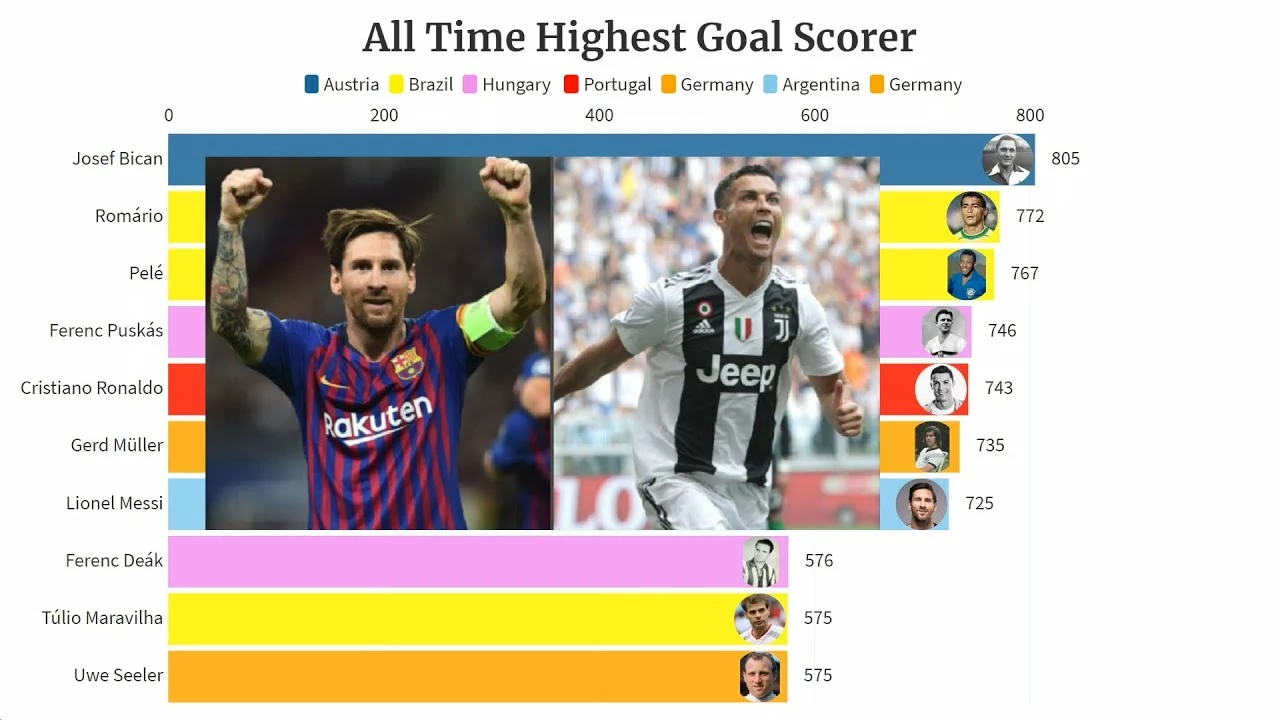
Introduction: The Curiosity Behind 0 Score Reversions
In the world of football (or soccer, as it is known in some countries), fans and enthusiasts alike are always on the lookout for interesting and unusual events that take place on the pitch. One such curiosity has been the question of whether a 0 score has ever been reverted in the history of the game. In this article, we will delve into this topic to uncover the truth behind this fascinating question.
Understanding the Rules: Can a Goal Be Disallowed?
Before we explore specific instances of 0 score reversions, it's important to understand the rules of the game and the circumstances under which a goal can be disallowed. According to the Laws of the Game, a goal may be disallowed if the player who scored the goal was in an offside position or if there was a foul committed during the build-up to the goal. Additionally, if the ball went out of play before the goal was scored, the goal will not stand. So, in theory, it is possible for a 0 score to be reverted if a goal was initially awarded but later disallowed due to a violation of the rules.
Notable Instances of Disallowed Goals
Throughout the history of football, there have been several instances where goals have been disallowed, leading to a score reverting back to 0. Let's take a look at some of the most notable examples.
Diego Maradona's "Hand of God" Goal
Arguably one of the most famous disallowed goals in football history, Diego Maradona's "Hand of God" goal took place during the 1986 World Cup quarter-final match between Argentina and England. Maradona used his left hand to punch the ball into the net, and the referee initially allowed the goal. However, after protests from the English players, the referee consulted with his linesman and eventually disallowed the goal, reverting the score back to 0.
Thierry Henry's Handball Against Ireland
In a controversial 2009 World Cup play-off match between France and Ireland, French striker Thierry Henry used his hand to control the ball before setting up a goal for his teammate, William Gallas. The goal was initially allowed, but after widespread outcry and protest from the Irish players and fans, the referee eventually disallowed the goal, reverting the score back to 0.
Luis Suárez's Goal-Line Handball Against Ghana
During the 2010 World Cup quarter-final match between Uruguay and Ghana, Uruguayan striker Luis Suárez famously used his hand to block a goal-bound shot from Ghanaian striker Dominic Adiyiah. The referee immediately disallowed the goal and awarded a penalty to Ghana, which was subsequently missed. As a result, the score reverted back to 0, and the match eventually went to a penalty shootout, which Uruguay won.
Instances Where the Score Should Have Reverted, but Didn't
There have also been instances in football history where a goal should have been disallowed, but the referee failed to make the correct decision, resulting in the score not reverting to 0. Here are some examples:
Geoff Hurst's "Phantom Goal" in the 1966 World Cup Final
In the 1966 World Cup final between England and West Germany, English striker Geoff Hurst's shot hit the crossbar and bounced down onto the goal line. The referee awarded the goal, believing the ball had crossed the line, despite protests from the German players. Replays later showed that the ball had not fully crossed the line, meaning the goal should have been disallowed and the score reverted to 0.
Frank Lampard's Disallowed Goal Against Germany in 2010
During the 2010 World Cup round of 16 match between England and Germany, Frank Lampard's shot hit the crossbar and clearly crossed the goal line before bouncing back out. However, the referee did not award the goal, despite protests from the English players. Had the goal been correctly awarded, the score would have been reverted back to 0.
Video Assistant Referee (VAR) and Its Impact on Score Reversions
With the introduction of the Video Assistant Referee (VAR) system in recent years, the number of incorrect decisions regarding goals has been significantly reduced. VAR allows referees to review decisions relating to goals, penalties, and red cards, and has led to a number of goals being correctly disallowed, resulting in score reversions. While VAR has not eliminated all controversy, it has certainly made it more likely that a 0 score will be reverted if a goal has been scored in violation of the rules.
Conclusion: A Rare but Possible Occurrence
In conclusion, while 0 score reversions in football are relatively rare, they have occurred throughout the history of the game. As we have seen, there have been instances where goals have been disallowed, leading to a score reverting to 0, as well as instances where the score should have reverted but did not due to incorrect decisions by the referee. With the use of technology such as VAR, it is more likely that incorrect decisions will be identified and corrected, ensuring that the final score accurately reflects the events on the pitch.
 Sports News
Sports News